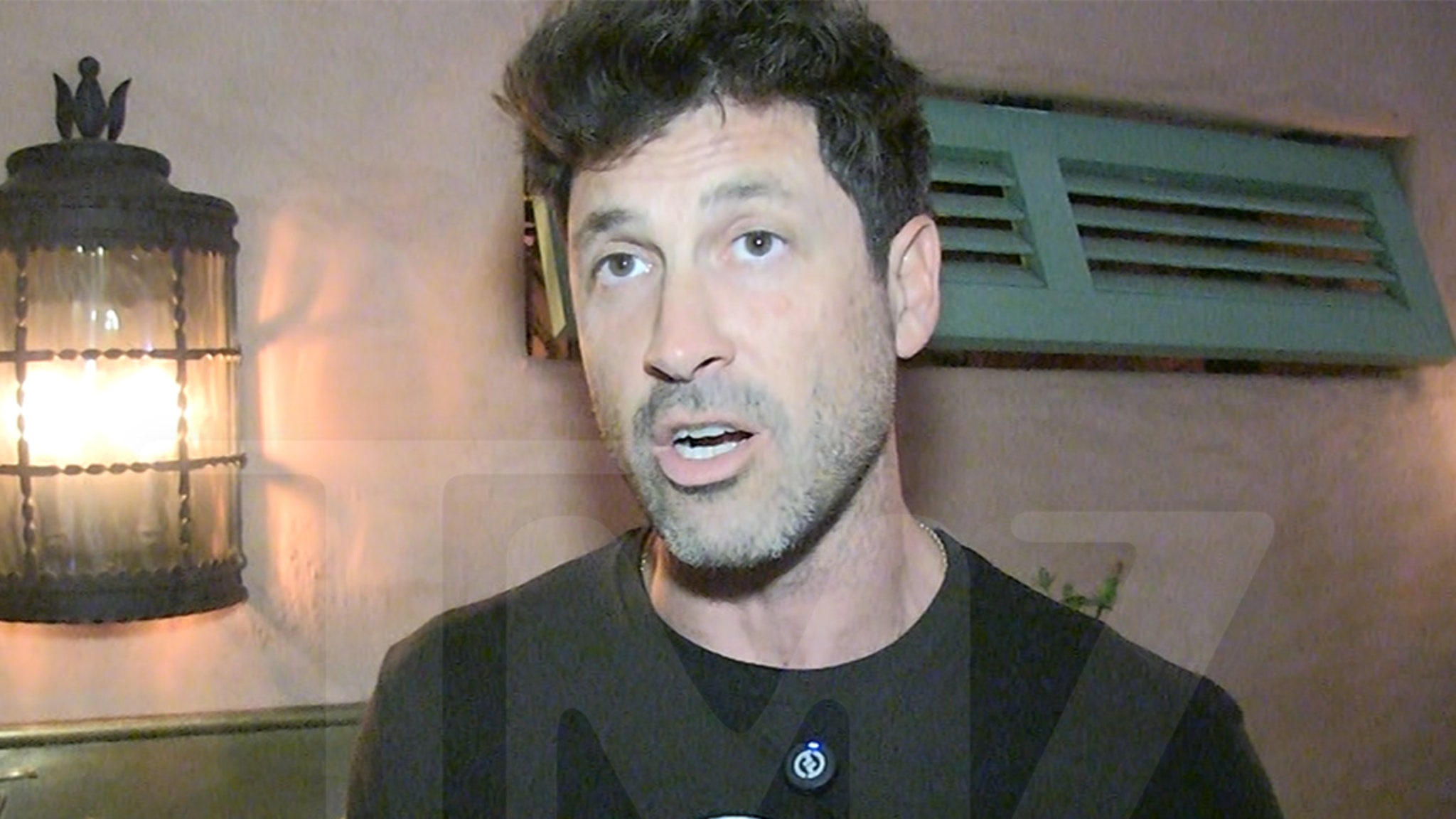As a man of a certain age, I have developed an interest in backyard bird-watching. I am not yet to the stage where I go on bird-watching hikes or trips, nor am I particularly adept at identifying them solely by looks or their vocalizations. But I can mostly tell you which birds happen to be at my feeders at any given moment. Largely, I get house wrens (of which I always have a plethora), though there are also the cardinals, blue jays, woodpeckers, and the occasional Carolina wren, notable for its incredibly loud calls. On the larger side, mourning doves and robins abound.
It all started when my mom gave me a feeder — I now know that it is called a hopper feeder — and some seed. From there, I learned that the true value of feeding birds isn’t in idyllic moments on the patio watching and listening to them, but in the war every backyard bird enthusiast finds himself embroiled in. This is why bird-watching attracts so many men. It’s not about peacefully aging; it’s about the masculine desire to do battle, which in the case of feeding birds means raging against squirrels.
Squirrels are not particularly threatening, but they are crafty. They will learn to eat safflower seed to spite you, despite the fact that they supposedly hate it. They will thwart almost any defensive measure you put in place.
If you’re in the country, you can shoot them, as a member of an avid local birding group does. That group, which also participates in cooking competitions, recently took third place in the World Championship Squirrel Cookoff — yes, it’s a real thing — using squirrels he harvested. When I congratulated him on winning the award for the team’s squirrel ale pie with colcannon and squirrel bacon, he told me that not all birders who fight the crafty rodents like his approach to the war, but, at his house, “We don’t have a squirrel problem.”
At my house, since my neighbors wouldn’t look kindly upon me sending errant .22 bullets into their yards and houses, I took a different tack. I gave up. My squirrels have a tiny picnic table mounted on the fence. There they can eat black sunflower seeds, corn, and peanuts. The birds also like that blend, so I consider it an act of revenge for them to steal the squirrels’ food, as well as a sign that they are on my side, even if it’s not exactly a circle-of-life moment.
What is a circle-of-life moment is that my little sanctuary has attracted a new feathered friend. This new arrival is the largest bird to visit, albeit one that does not require direct feeding — a hawk. It seems that in my passion for turning my backyard into an open-air aviary, I also turned it into a buffet for birds of prey.
Fortunately for me, if not for the smaller birds, this threat does not scare off the wrens, cardinals, woodpeckers, or other foragers. One would think that having an aerial threat looming would induce them to find less surveilled feeders, but one must remember that birds are not the brightest animals on earth, even if their collective intelligence remains above that of the stupidest animal, the panda bear.
Thus, the birds continue to congregate. A hawk swoops in — often heading into the boxwood they attempt to hide in — and emerges with breakfast in his talons. Ideally, he then heads into one of the pine trees in a neighbor’s yard to dine without getting spooked. Less ideally, he does get spooked, and I have a dead bird to dispose of. Then the songbirds again gather, the hawk returns when it’s time for lunch or an afternoon snack, and the cold cycle of nature continues.
Some people attract orioles and finches. I get hawks, which are cooler, if not as ornate. It’s quite amazing having a modern velociraptor hunting in your backyard, and that’s one more reason I encourage more men to take up the hobby. As for the hawk, though, I’m encouraging him to set his sights on larger targets, such as, perhaps, squirrels.
This article has been updated since publication.
Richard Cromwell is a writer and senior contributor at The Federalist. He lives in Northwest Arkansas with his wife, three daughters, and two crazy dogs. Co-host of the podcast Coffee & Cochon, you can find him on Facebook and Twitter, though you should probably avoid using social media.

 By The Federalist (Entertainment) | Created at 2024-10-29 18:16:33 | Updated at 2024-10-30 05:25:52
2 weeks ago
By The Federalist (Entertainment) | Created at 2024-10-29 18:16:33 | Updated at 2024-10-30 05:25:52
2 weeks ago



